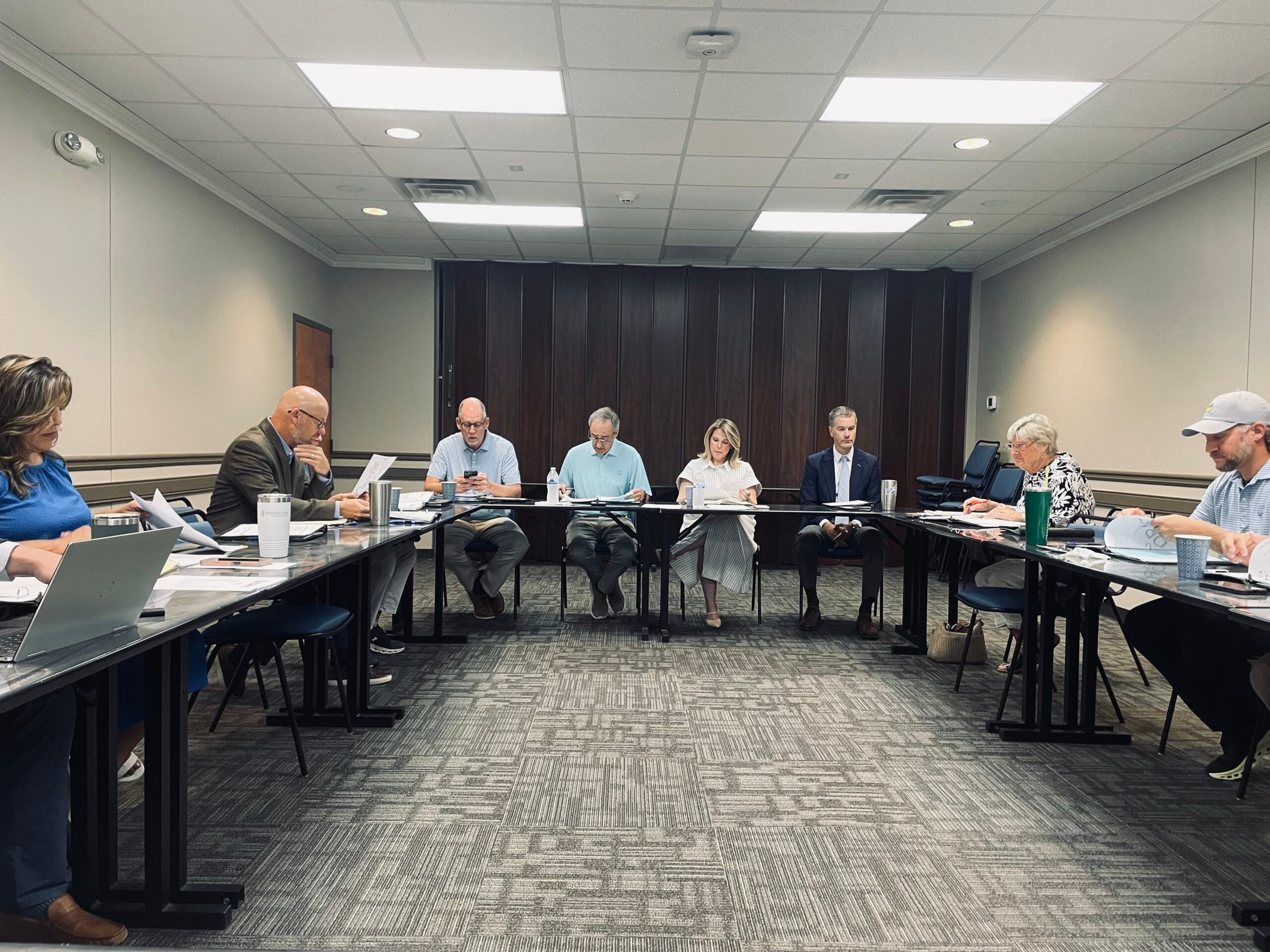The Economic Development Authority of Columbia County (EDACC) has launched its informational website about White Oak Technology Park.
The Authority has been in collaboration with the county to develop the website since successfully petitioning to rezone 1,900 acres in Appling to expand White Oak and establish a campus devoted to data center development.
EDACC gathered input from county administration, the water utility department and even Georgia Power to gather and organize information to upload on the site, which aims to provide the public with an overview of the White Oak Technology Park project, address several concerns raised by locals and answer frequently asked questions.
The Authority’s Executive Director Cheney Eldridge noted that the new website is not intended to persuade Columbia County residents to agree with the data center project, but to provide accurate information.
MORE: Augusta administrator trims SPLOST 9 list to $407 million, adds commissioner requests
“I want folks to come to their own conclusion whether it’s positive or negative, but my hope is that when they make that decision, it is fully informed,” said Eldridge. “I’m going to be as transparent as I can be about my thoughts on it and my beliefs, and if that helps them figure out what their opinion is on it, then that is wonderful. But I just don’t want folks to have an opinion that’s based off of non-facts. So that is the goal here.”
The site, which was approved by the county, features a list of topics through which visitors can peruse to understand more about the project, such as “health impact,” “environmental impact,” “water and sewer” and “data center security.”
Earlier in the meeting, the board also discussed partnerships between the school district, local employers and the authority.
Anita Patel and Stuart Hilsman, EDACC’s project managers, recently met with Brooks Smith, the school district’s director of Career, Technical and Agricultural Education (CTAE) to discuss potential strategies and programs to tap into students in the schools’ Work-Based Learning (WBL) program to address local industries’ growing workforce issues.
MORE: Shark populations booming in popular nearby vacation spots
“Just as we talk about recruitment strategies and also retention strategies, I think a big point of emphasis there was really there’s a workforce in our high schools that can be tapped into by our existing industries that a lot of people probably wouldn’t think about,” said Hilsman.
Within about three years, the number of students participating in WBL has gone from 30 to more than 600.
Skyler Q. Andrews is a staff reporter covering business for The Augusta Press. Reach him at skyler@theaugustapress.com.










